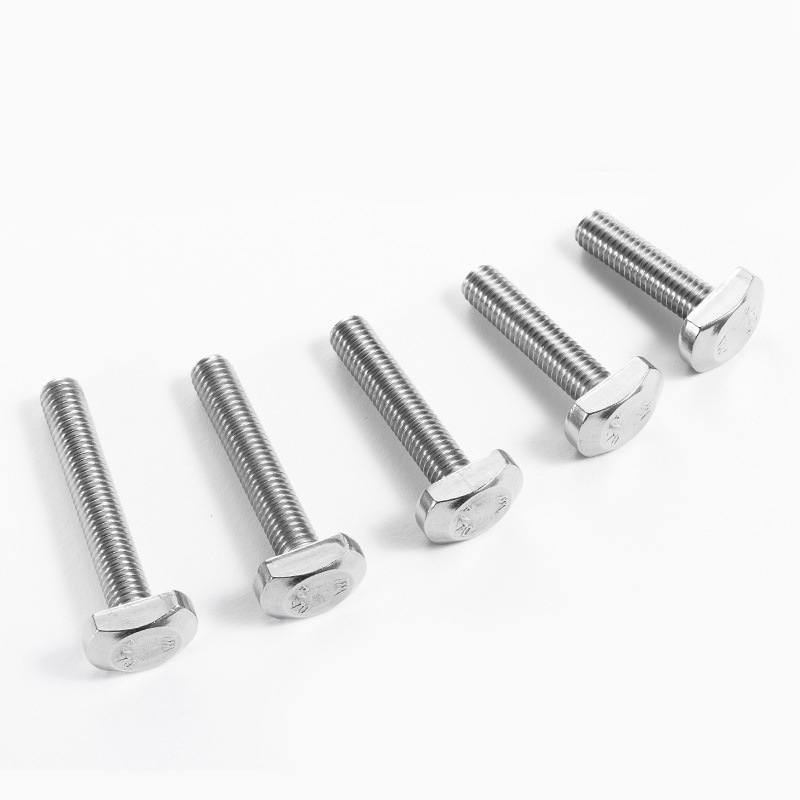

Custom Flat Washers for Optimal Performance and Versatile Applications in Engineering Solutions
Th10 . 03, 2024 03:10 Back to list
Custom Flat Washers for Optimal Performance and Versatile Applications in Engineering Solutions
Understanding Custom Flat Washers A Comprehensive Guide
Custom flat washers are essential components in a wide range of applications across various industries. These small yet crucial parts are primarily used to distribute the load of a threaded fastener, preventing damage to the surface and ensuring stability in construction and machinery. With the growing demand for specialized applications, custom flat washers have become increasingly important for industries that require precise specifications.
The Role of Flat Washers
Flat washers serve multiple purposes. Primarily, they help to increase the load-bearing area of bolts and screws, thereby enhancing the fastener's overall performance. By minimizing the risk of loosening due to vibration, flat washers maintain integrity and prolong the lifespan of mechanical assemblies. Additionally, they can also act as spacers, which ensures that components are mounted at the correct distance from one another.
Benefits of Customization
The need for custom flat washers arises from the unique requirements of different projects. Standard washers may not be suitable for every application, particularly when unconventional sizes, shapes, or materials are needed. Customization allows engineers and designers to specify exact dimensions, tolerances, and materials to meet the specific demands of their projects.
Custom flat washers can be designed in various materials, including stainless steel, nylon, brass, and aluminum. Each material offers distinct advantages; for instance, stainless steel is known for its durability and corrosion resistance, making it ideal for outdoor applications, while nylon washers are lightweight and non-conductive, suitable for electrical applications.
custom flat washers

Manufacturing Process
The manufacturing process of custom flat washers typically involves several steps. Initially, the design is conceptualized, often utilizing CAD software to ensure precision in measurements. Afterward, the selected materials are cut and shaped according to the specifications. Common manufacturing methods include stamping and machining, which allow for high-volume production while maintaining quality.
Quality control is an essential aspect of the manufacturing process. Each batch of custom flat washers is tested for compliance with industry standards, ensuring that they meet both mechanical and safety requirements. This attention to quality not only enhances functionality but also builds trust with clients who depend on these components for their operations.
Applications
The versatility of custom flat washers makes them suitable for various industries such as automotive, aerospace, construction, and electronics. In the automotive sector, they are used in engine assemblies to ensure proper load distribution and to mitigate vibration. In aerospace applications, custom flat washers are crucial for securing components while adhering to rigorous safety and performance standards.
Conclusion
In conclusion, custom flat washers play a pivotal role in enhancing the performance and longevity of mechanical assemblies. Their ability to be tailored to specific applications allows for improved functionality across diverse industries. As technology continues to advance, the demand for high-quality custom flat washers will likely increase, underscoring their importance in engineering and design. By understanding their significance, engineers can make informed choices that contribute to the success of their projects.
Latest news
-
Premium Fasteners Manufacturer | AI-Driven Solutions
NewsAug.01,2025
-
Hot Dip Galvanized Bolts - Hebei Longze | High Strength, Corrosion Resistance
NewsAug.01,2025
-
High-Strength Hot Dip Galvanized Bolts - LongZe | Corrosion Resistance, Custom Sizes
NewsAug.01,2025
-
Best Self Tapping Screws for Drywall - Fast & Secure Installation
NewsJul.31,2025
-
High-Strength Hot Dip Galvanized Bolts-Hebei Longze|Corrosion Resistance&Customization
NewsJul.31,2025
-
Hot Dip Galvanized Bolts-Hebei Longze Metal Products|Corrosion Resistance&High Strength
NewsJul.31,2025

